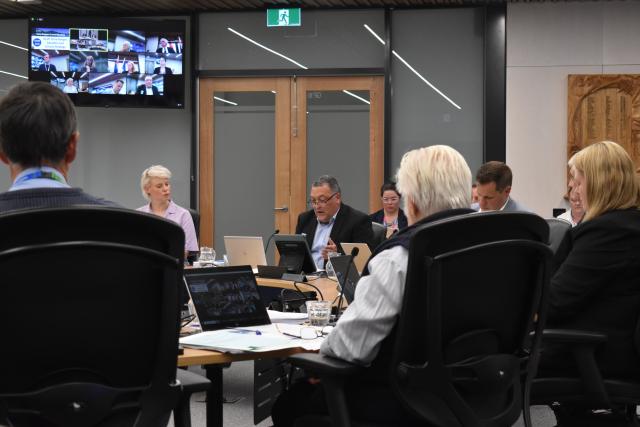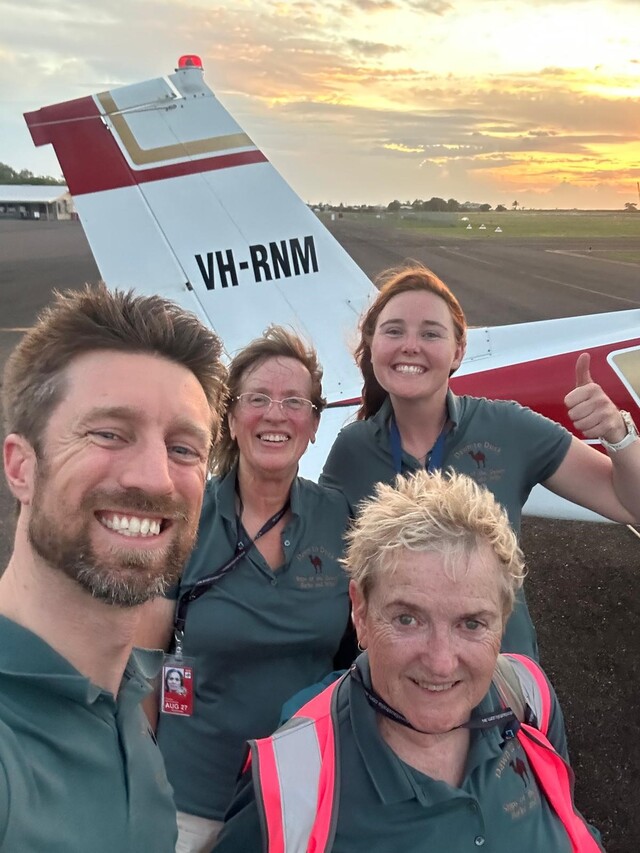Debate ensued as Yarra Ranges councillors discussed the appropriate planning delegations and rights of petitioners at the Tuesday 27 August meeting.
The Operation Sandon recommendations, handed down by the Independent Broad-based Anti-corruption Commission (IBAC) in July 2023, to improve and streamline the planning decision making process at a council level, was the basis of this agenda item.
Changes to the delegations included the automatic call-in figure for a development decision to be heard within a meeting be raised from $3 million to $5 million; that applications for covenant variations or removal be referred to officers; and to consider multi-signatory objections and/or petitions to be counted as a single objection.
Councillor Richard Higgins proposed an alternate recommendation to remove the single objection understanding and leave the current definition of a petition as is.
“I’ve asked to change the multi-signatory objections, in the form of a petition, and I’ll use McDonald’s for an example, where we get hundreds of people on a petition and it’s brought into the chamber,” he said.
“These petitions are something for me that is extremely important for our community to still be able to put down as a petition. It’s a lot easier for the community than to put an objection together.
“It might be one person walking around getting signatures to bring it to attention, but it’s a method that our community are using and need to continue to be able to use.”
Agreeing with the remaining delegation suggestions, Cr Higgins said, at first he thought some of the changes would diminish the ability of councillors to hear and make decisions on certain matters.
“Our planning delegations have been around since 2016 and this is part of a bit of a tidy up for our governance purposes,” he said.
“We all know that building costs have increased dramatically over the last couple of years after Covid, and we’re now seeing a lot of applications coming before council that the only reason they’re coming is because it’s over $3 million, there’s no objections.
“There’s no need for it to come in. So it’s timely that we increase that cost up to $5 million and hopefully that will mean that our planning staff can put these through a little bit quicker.”
Cr Tim Heenan supported the alternate motion and said in instances of the McDonald’s developments and Safeway proposal in Mount Evelyn, the number of people who signed petitions indicated the undesirable feeling of the community.
“It’s important we recognise the multiple names, and in all those cases I mentioned, it was hundreds, if not in the thousands,” he said.
“That’s important from the community’s point of view, I would just see it as a dilution, as diluting down their concerns about something as big as those developments.”
Referencing an objection to the agenda item from Jodie McKern, Cr Fiona McAllister said in her mind the delegations were not about “reducing things that come into the chamber but making sure the right things come into the chamber”.
“As the submitter had emailed this afternoon, a price tag is not always a good indication of that,” she said.
“So items that are in the public interest and objections are one signal to that, but they do also come into the chamber in other ways.
“It’s not intended to slow down the process for applicants, but it is evidence of the seriousness in which this council takes planning and applications and the decisions that are made.”
The mention of petitions being cited by VCAT as one objection, raised two viewpoints with Cr McAllister stating that it should be an education piece to ensure petitioners are aware of the VCAT process, while Cr Johanna Skelton said the council should move to match the VCAT process.
The council officers confirmed that within the planning environment act petitions were not defined. An objector can act on behalf of multiple objections and an objector can also sign a petition which can form the basis of a larger objection.
Cr Sophie Todorov said she erred towards the original recommendation “based on that element of risk and the purpose of petitions”.
“We use petitions a lot in council meetings and decisions…to bring something before a council, not necessarily around a planning application, but around things that matter most to the community,” she said.
“I see this differently in terms of something against a planning application, is that, from experience, I know that some people may sign a petition for a planning application just based on that popularity vote, or they don’t actually have a vested interest in that planning matter.”
Despite the questions and points raised by Cr Child, Cr Skelton and Cr Todorov, the alternate motion was passed with five votes in support. It was met with cheers and applause from the gallery.







